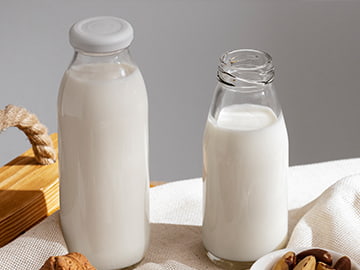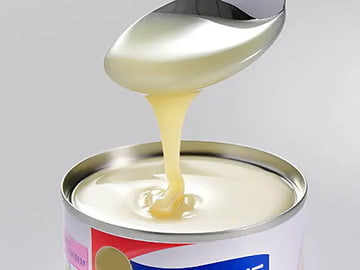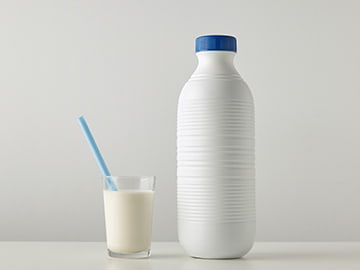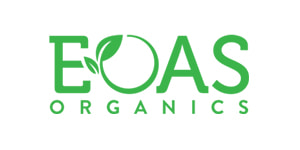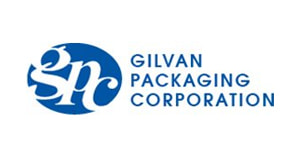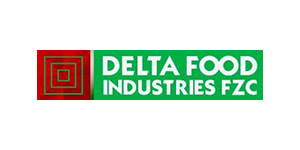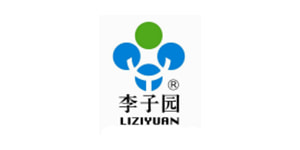1. Temperature and time:
The sterilization process requires heating dairy products to a specific temperature and maintaining it for an appropriate time to avoid over-sterilization or insufficient sterilization. For example, in-bottle sterilization at 110°C for 30 minutes kills all lactase enzymes, but not all bacterial lipases and proteases. This process results in the Maillard reaction, browning, and vitamin loss.





